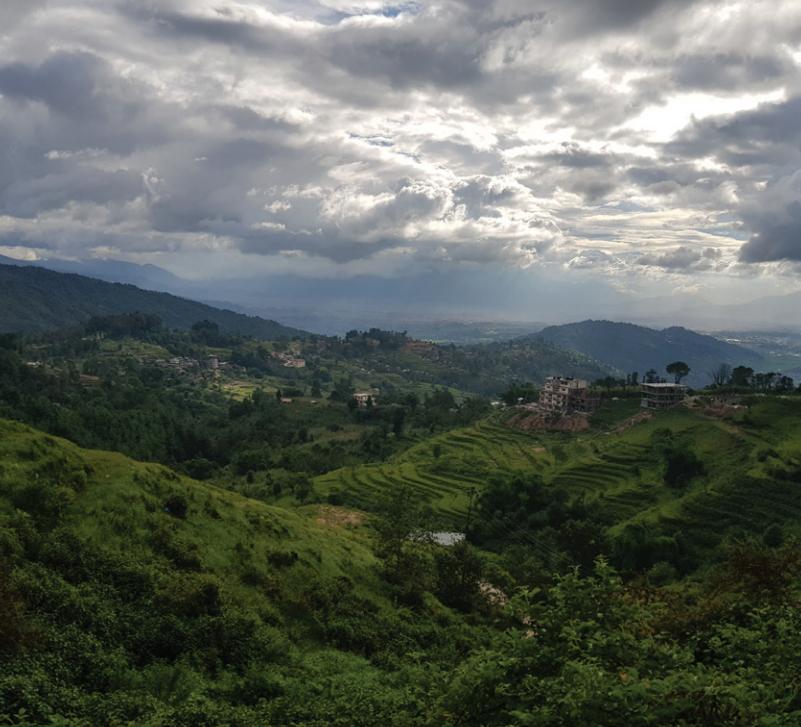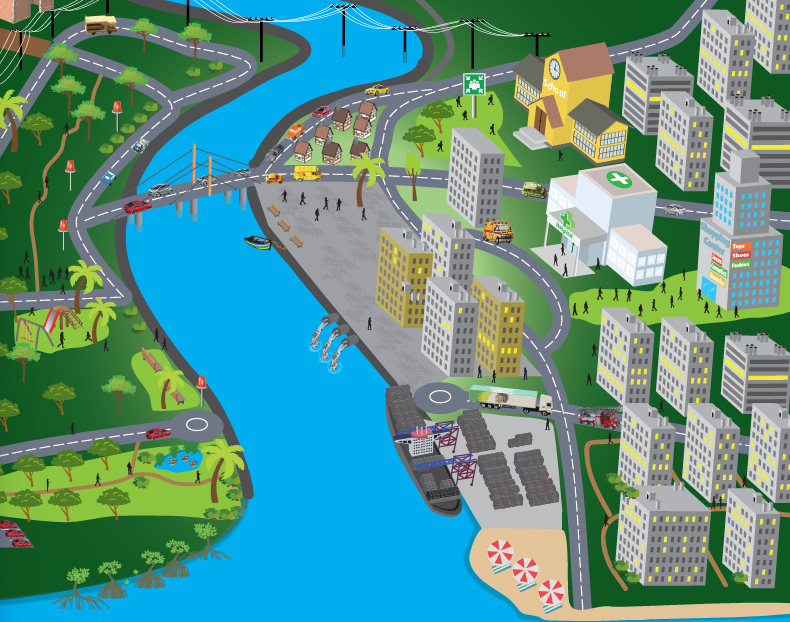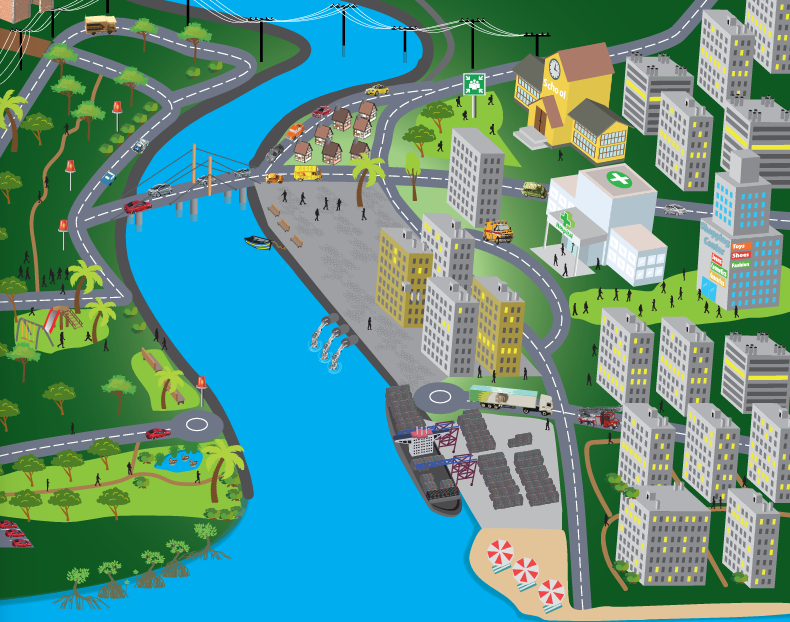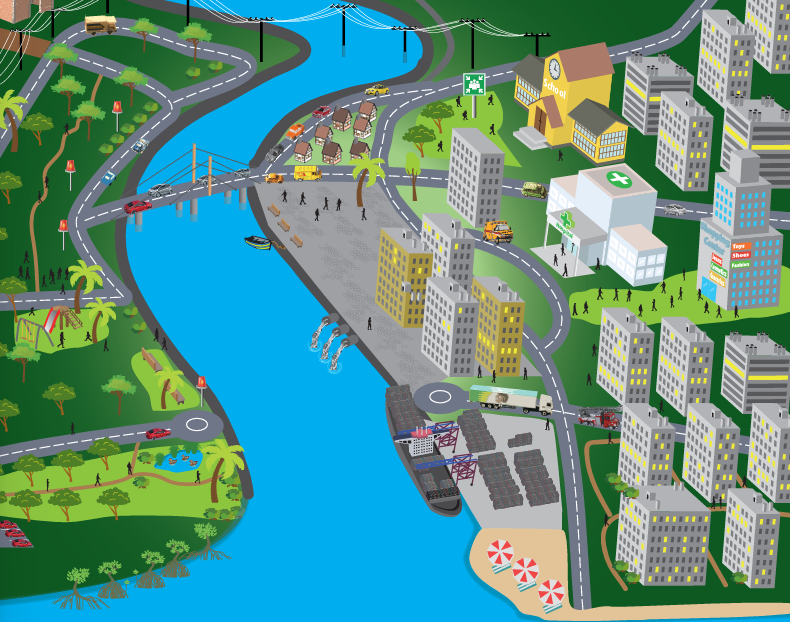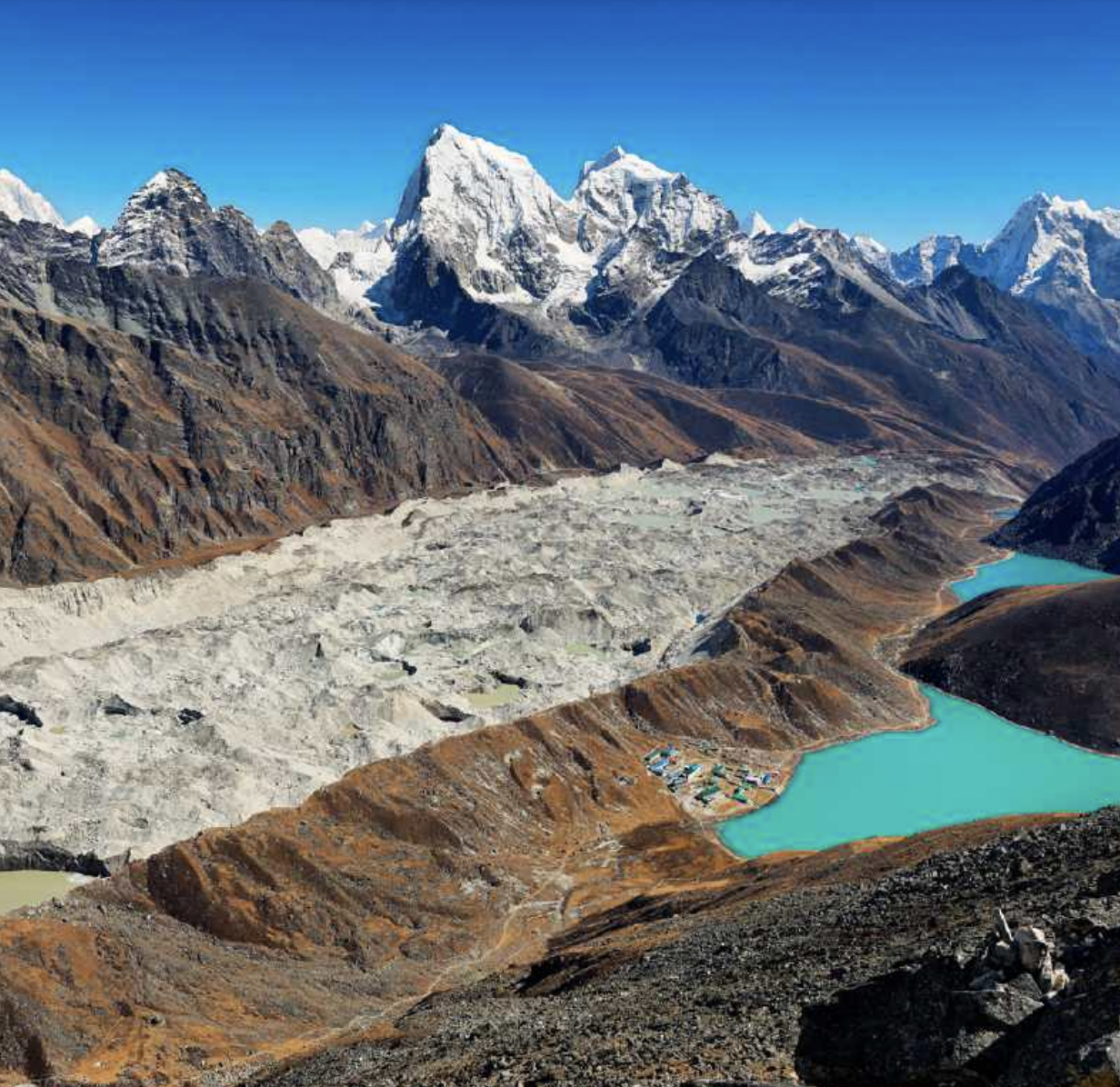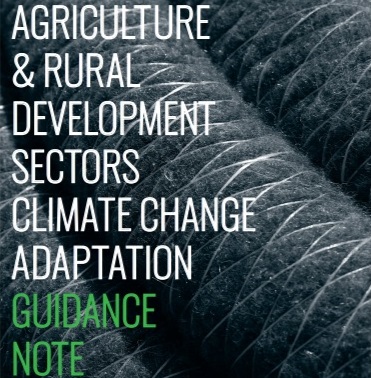adaptation and development
Progress, good practices and lessons learned in prioritizing and incorporating gender-responsive adaptation action
Read this policy brief to learn how to develop and implement gender-responsive adaptation action, taking into consideration the different national circumstances and cultural values.
Knowledge Broker Support Program (KBSP) online course
The Knowledge Support Program (KBSP) is an online course that brings together tools, processes and case studies which can help knowledge brokers mainstream climate change and future uncertainty into their program. By integrating climate change and future uncertainty, knowledge brokers can increase the likelihood of the long-term success of their programs.
Climate Resilience Planning in Mountainous Regions in Nepal
This policy brief assesses the challenges and opportunities in undertaking local climate mitigation and adaptation actions in Nepal municipalities and makes recommendations for developing and mainstreaming resilience plans.
Política Nacional de Adaptación al Cambio Climático de Costa Rica 2018-2030
Esta Política se plantea como marco rector que orientará las acciones del país en materia de adaptación. Nuestro país adquirió el compromiso de formular su Plan Nacional de Adaptación al 2018 en el marco de su Contribución Nacional ante el Acuerdo de París de la Convención Marco de las Naciones Unidas sobre el Cambio Climático en Setiembre del 2015, el cual fue ratificado por la Asamblea Legislativa el 6 de Octubre del 2016.
The Mekong Delta an Emerging Investment Destination in Viet Nam: Sustainable Growth, Improving Infrastructure and an Excellent Investment Climate
This publication highlights the opportunities for investors in the Mekong Delta and presents the challenges that international businesses may still face in the region.
Risk Assessment for the Climate Proofing of Infrastructure Investments: PIEVC Protocol
The PIEVC Engineering Vulnerability Assessment Protocol is a climate risk assessment tool developed by Engineers Canada and tailored to the needs of the infrastructure sector. This document briefly describes the seven steps in risk assessment for the climate proofing of infrastructure investments.
The IPCC’s Special Report on the Ocean and Cryosphere in a Changing Climate: What’s in it for South Asia?
This publication offers a guide to the IPCC’s Special Report on Climate Change and the Ocean and Cryosphere, prepared for decision-makers in South Asia by the Climate and Development Knowledge Network (CDKN), Overseas Development Institute (ODI), ICLEI-South Asia and SouthSouthNorth (SSN). This is not an official IPCC publication.
Vibrant Mountain Communities Regional Development in Mountains: Realizing Potentials, Tackling Disparities
This report draws on experiences from different mountain regions to shed light on three main levers for transformation in mountain areas: inclusive planning and decision-making, equitable access to quality public services, and collaborations to spark innovation.
Enhancing resilience within global value chains: the implications of COVID-19 for climate change adaptation and mitigation policies
This blog discusses the implications of the COVID-19 crisis in relation to trade within global value chains (GVCs) given the looming climate change crisis.
Agriculture & Rural Development Sectors Climate Change Adaptation Guidance Note
This guidance aims to help incorporate climate change considerations into project planning and design in the agriculture & rural development sectors.


